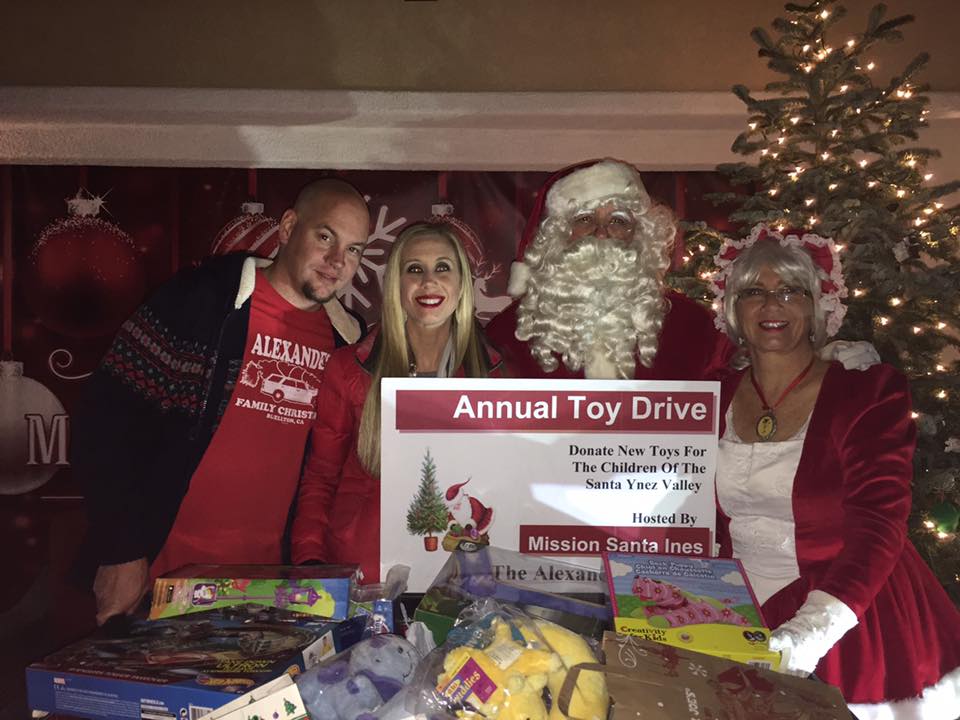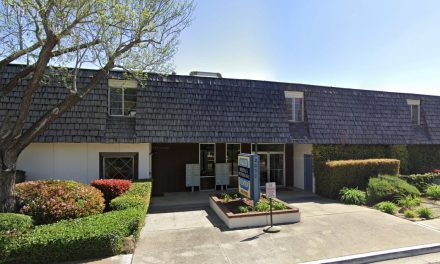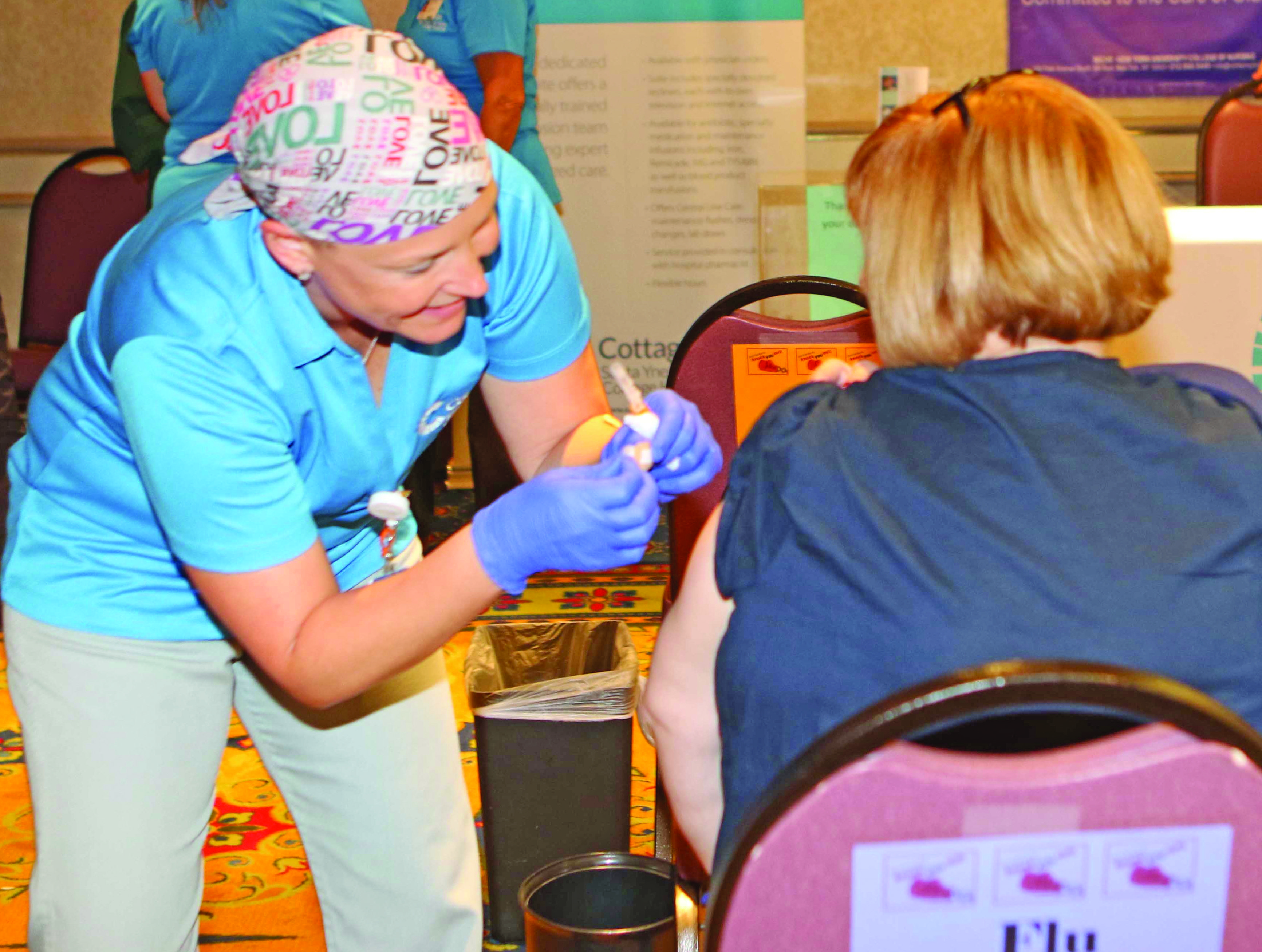By Sheila Benedict
Contributing Writer
Religious records are an important part of any family research project. Some people think that if they adhere to one religion that others need not be checked their family history. Wrong!
There are many interfaith marriages, and baptisms often occur in the faith of only one of the parents. My husband’s ancestry has generations of Quakers, yet at some point they joined the Methodist church.
Quakers do not baptize, but their monthly meeting records are a resource worth finding. Unless I did his ancestry and found out about them, there is no way I would know where the family history began.
There is also the family that may not practice any religion, but there is high probability their ancestors did belong to a religious organization. When preparing for a marriage, it is normal for the pastor, priest, rabbi, imam, monk or others to interview the couple and provide records of baptism. Where one or the other person was previously married, those documents might be a part of the pre-marriage interview as well.
However, in many cases, access to prior marriage information may be limited or not allowed and only known by the name and information the person used when applying for a marriage license.
It is important to know that religious records are not public records. They are privately held, and it is up to the religious institution to decide whether they wish to share them, have them microfilmed, or allow them to be put online and/or digitized. Many Christian denominations, such as Catholic, Episcopalian, Lutheran and Presbyterian, keep detailed registers of the various events – baptism, marriage and burials. I am not familiar with the retention requirements of all religions, but if you have knowledge of someone’s religious background, you need to pursue it and find out if the records are available.
There are privacy laws that might restrict your access, and those laws require a separate column to describe. You, as the researcher, need to explore both secular and religious laws of all faiths to determine if you can locate and/or obtain records you need.
Finally, many religious records are on Ancestry.com, FamilySearch.org, FindMyPast.com, Cyndi’s List.com, and other sites. Do not discount the possibility that what you want is either on one of those paid or free online sources, or an index to them might be available.
However, not everything is online. The majority of records are not there yet.
One important point is that if the marriage, burial, baptism, etc. is recorded, there is a chance the woman’s maiden name will be listed. For those of us who only remember grandma as granny something and her first name was never used, that could be a bonus to find. Happy hunting!





